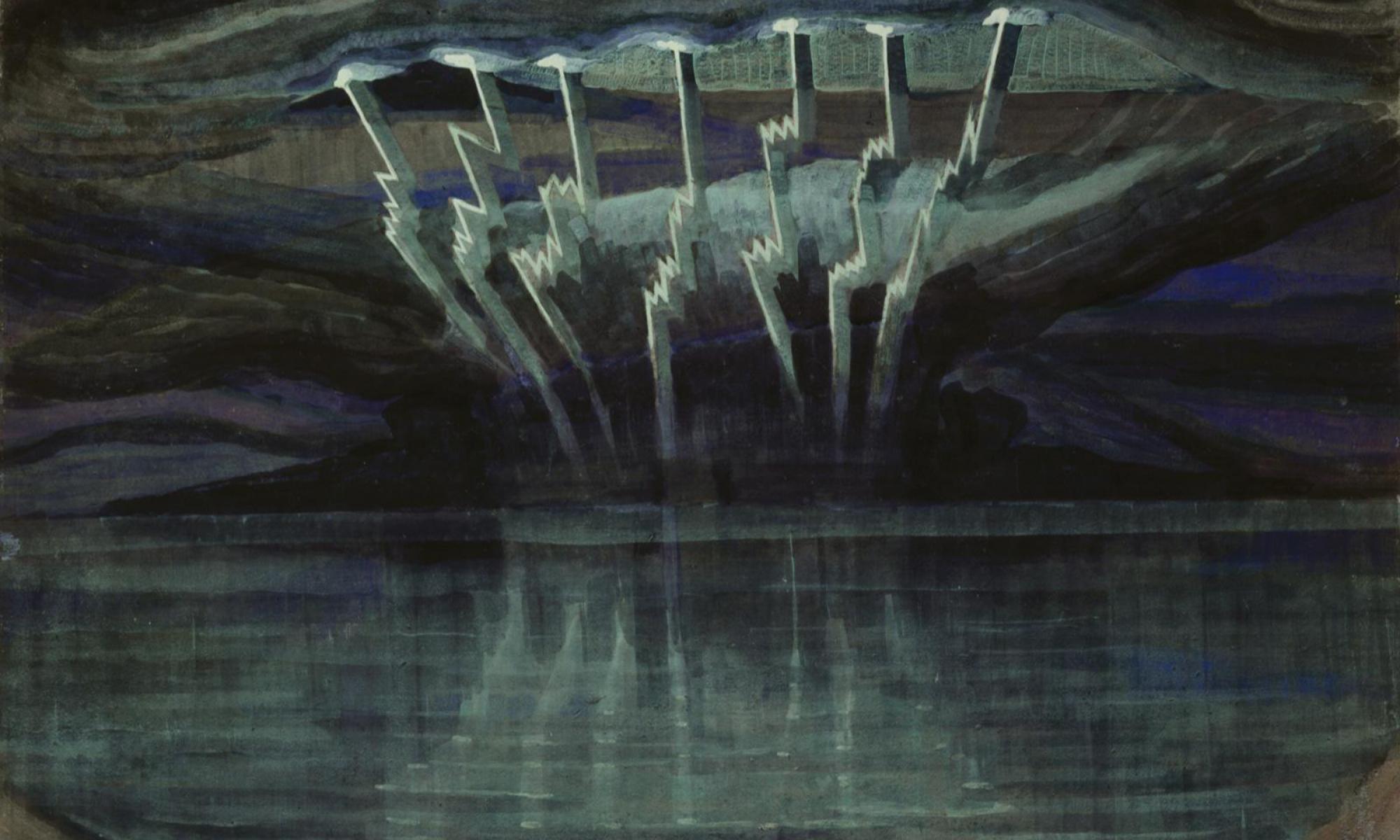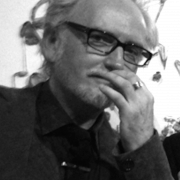Abecedarium
In a tradition going back to its late Latin source, an abecedarium is an educational book used to introduce the alphabet to children. Each word becomes a wittily embroidered embellishment of the isolated, incandescent single letter that heralds it. There is no natural necessity to putting ‘a before b’, yet there is an inflexible stipulation to do so. The abecedarium teaches precisely the unnatural requirement for that rule, initiating the child into the obedient inscription of language, and into the class of scribes and clerks and prophets and secretaries and police and inquisitors who notate the utterances of everyone from a god to a confused mortal in hospital triage, from a king or pharaoh to a peasant or serf, from an angel to a condemned criminal about to be hanged. The discipline of the abecedarium is the very fabric of knowledge, of revelation and exegesis, and so it is threaded into the fabric of power. An alphabetical sequence permits systematic cataloguing and processing of information for specific tasks. Learning from its examples provides entry into the logic circuits and the command of economy and law. But, ironically, the abecedarium also diverts attention from a disciplined, and rote, purchase on the alphabetical system. Each initial letter becomes an intensive moment for fascination: singular, despite its instructive reiteration; and fantastic, as a graphic expression, despite its regulation. Caution is advised when handling an abedcedarium, for it seduces with the prospect of a secret knowledge and secret power. Lurking, jumbled, within its didactic narrative is the sorcerer’s mantra for releasing hidden magic: abracadabra.
Visual essay by Irene Hanenbergh. Various artists included.
Image: Mikalojus Konstantinas Čiurlionis, Ocean, 1909.



